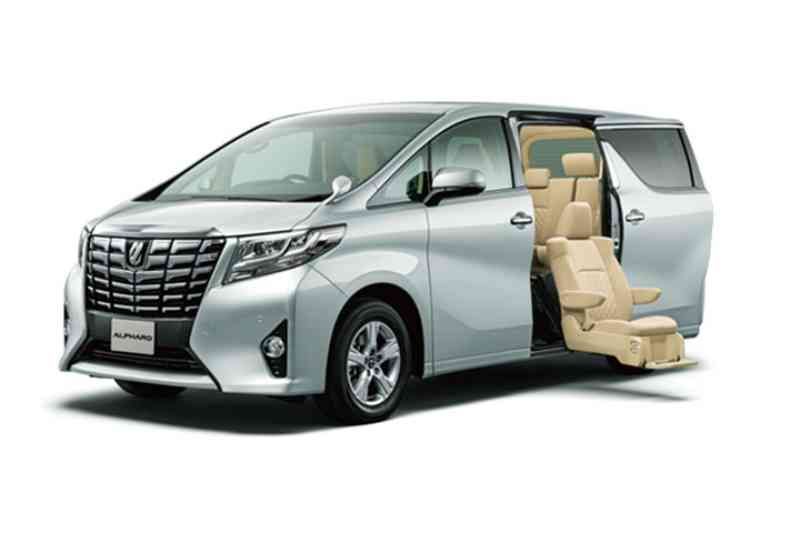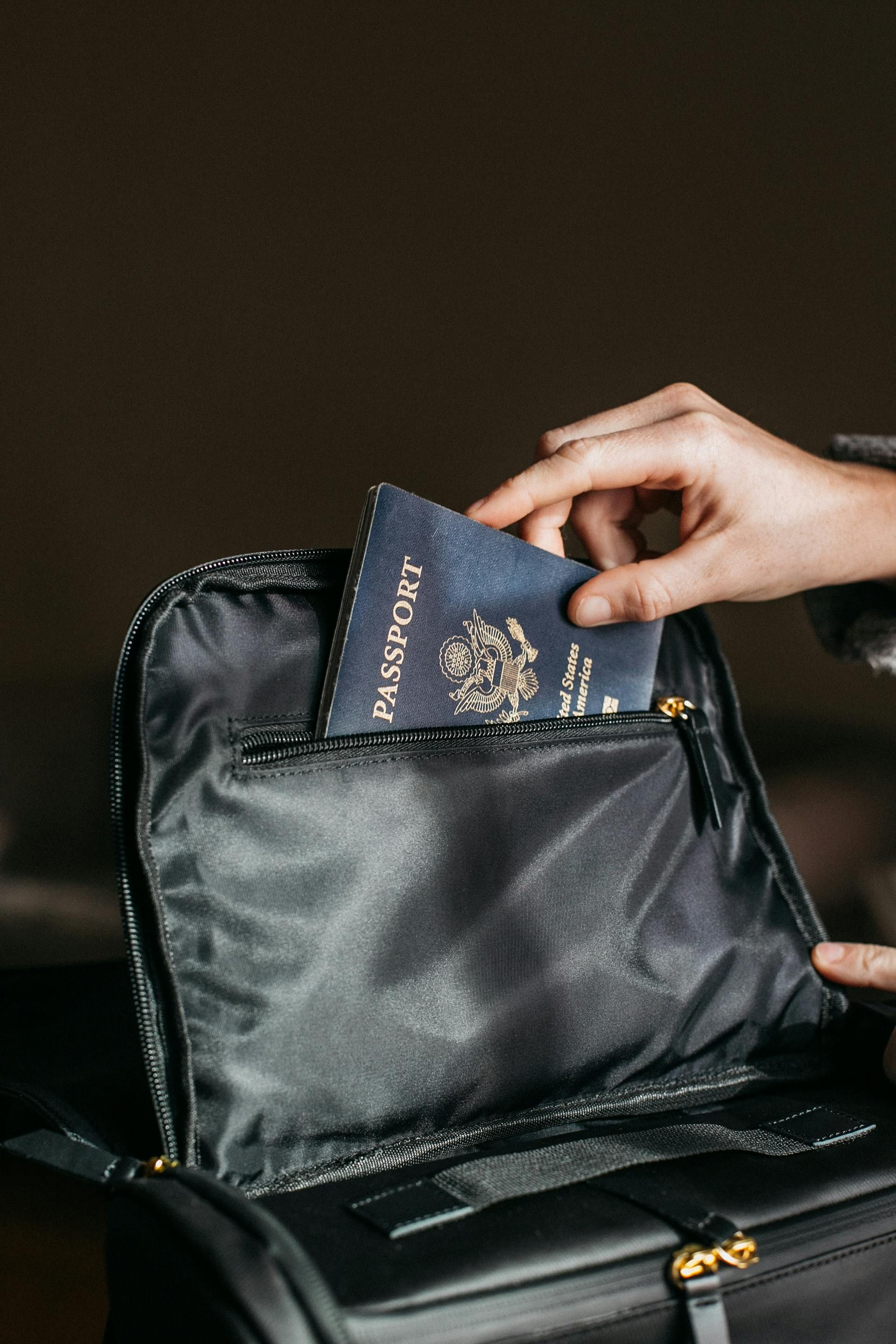How to Implement a Successful Cycle to Work Program in Kenya (2025 Guide for Companies)
With rising fuel prices, growing environmental concerns, and the increased focus on employee wellness, more companies in Kenya are exploring the idea of launching a "Cycle to Work" program. Not only does cycling reduce your corporate carbon footprint, but it also boosts staff morale, health, and productivity.
In this guide, we walk you through how a Kenyan company can implement a cycle to work initiative, including planning, infrastructure, policy, and where to buy affordable bikes in Kenya for employees.
What is a Cycle to Work Program?
A Cycle to Work program is a corporate initiative that encourages employees to commute to work by bicycle. It often includes incentives such as:
- Subsidized or interest-free bike loans
- Secure bike parking
- Shower and changing facilities
- Monthly cycling events or challenges
Why Should Kenyan Companies Adopt a Cycle to Work Program?
1. Reduce Transport-Related Costs
With Nairobi’s matatu fares rising and parking fees escalating, cycling offers a cost-effective alternative for employees.
2. Promote Employee Health and Wellness
Cycling to work improves cardiovascular health, reduces stress, and boosts mental clarity—leading to increased productivity.
3. Improve Environmental Impact
Adopting a cycle-friendly policy supports your corporate sustainability or ESG goals by reducing your company’s carbon footprint.
4. Enhance Employer Branding
A forward-thinking cycling policy shows you care about your employees, your city, and the planet. This attracts young, eco-conscious talent.
How to Implement a Cycle to Work Program in Kenya
Step 1: Conduct an Employee Survey
Start by asking:
- Do employees live within cycling distance?
- Would they consider cycling to work?
- What would motivate or discourage them?
Step 2: Create a Cycle to Work Policy
Develop a formal policy that outlines:
- Eligibility (e.g., full-time or part-time staff)
- Bike allowance or purchase schemes
- Safety guidelines and insurance coverage
- Work dress codes or flexible hours
Step 3: Partner with a Bike Supplier in Kenya
Instead of employees struggling to find the right bikes and accessories, partner with a reliable Kenyan bike store like www.sportshouse.co.ke to supply:
- Affordable commuter bikes
- Helmets, lights, locks, and reflectors
- Maintenance support
They can even offer bulk discounts or branded corporate bike packages.
Step 4: Provide Onsite Support
- Secure bike parking or racks
- Showers and changing rooms
- Lockers for gear
- Emergency repair kits
Step 5: Promote the Program Internally
Make it fun and rewarding by:
- Hosting monthly “Cycle to Work Days”
- Rewarding top riders or most improved cyclists
- Creating an internal WhatsApp or Strava group for riders
Step 6: Monitor & Improve
Track employee participation, benefits realized (like reduced sick days), and collect feedback. Refine the policy annually and celebrate milestones.
Bonus: Offer Bike Financing or Leasing
Some Kenyan companies now offer:
- Bike loans recovered through payroll
- Cycle-to-work leasing programs
- Tax-deductible bike benefits (where applicable)
Case Study: A Nairobi Company That Did It Right
One Nairobi tech startup reported:
- 35% of staff now cycle to work
- Health insurance claims dropped by 22%
- They saved Ksh. 100,000/month in parking subsidies
Where to Get the Best Bikes for Cycle to Work in Kenya
👉 Visit www.sportshouse.co.ke to shop a wide range of:
- Commuter bikes (road, hybrid, foldable)
- Reflective jackets, helmets, bike locks
- Spare parts & repair tools
They also deliver countrywide and offer bulk corporate packages.
📞 Contact: +254 726729737
📍 Based in Nairobi, delivering across Kenya
Final Thoughts
Implementing a Cycle to Work program in Kenya is more than a trend—it’s a practical, sustainable, and healthy way to future-proof your workforce. With the right plan and partners like Sportshouse, your company can lead the movement toward a fitter, greener, and more productive Kenya.



